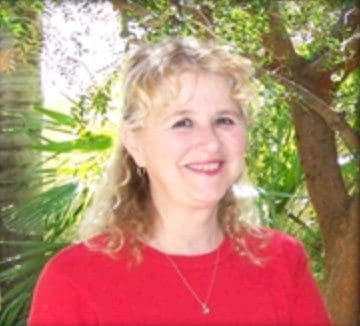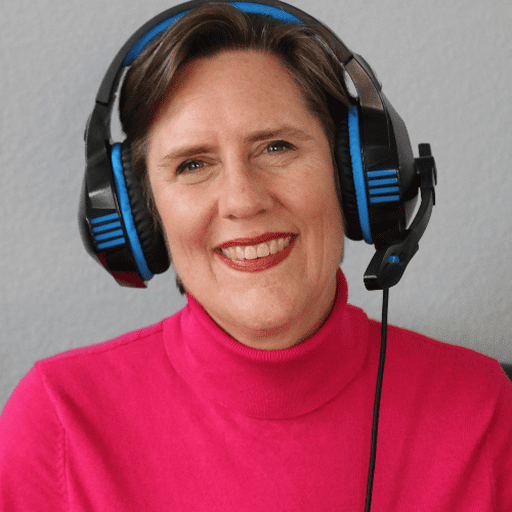Unhealthy Gut may Lead to Dementia and much more

Dementia and Gut Bacteria: New Research Shows Link
A new study presented at the International Stroke Conference and published online in the Scientific Reports journal has found a correlation between dementia and gut bacteria – finding that the depletion of certain gut bacteria results in an increased risk of the disease.
Learn more about the study and what it means for the future of dementia research.
Dementia and Gut Bacteria
The study involved 128 outpatients visiting a memory care clinic. Researchers accounted for demographics, including other dementia risk factors, and used MRI brain scans and neuropsychological tests to assess cognitive function. To determine gut microbiota (organisms that live in the digestive tract and account for about a thousand different species of bacteria), researchers used fecal samples.
Study participants were divided into people with and without the disease. Their analysis revealed differences in components of gut microbiota between the two groups. For the group with dementia, levels of bactericides (enterotype I) was decreased compared to the group without dementia. Meanwhile, other bacteria types (enterotype II) were increased in the group with dementia. The fecal samples also revealed higher concentrations of ammonia, indole, phenol and skatole, in the group with dementia.
“Although our study has numerous limitations, the results suggest that the gut microbiome could be a new target for the management of dementia,” study author Naoki Saji, MD, Ph.D., vice director of the Center for Comprehensive Care and Research on Memory Disorders, National Center for Geriatrics and Gerontology in Japan, says.
Please note: “Changes they saw included increasing levels of a bacterium that makes short chain fatty acids, which can help the body better utilize glucose. The image is credited to in the public domain.” https://neurosciencenews.com/whole-body-vibration-diabetes-14739/
Strong Evidence of Link Between the Two
While the study was unable to prove a causal relationship and had a small sample size, researchers believe the odds ratios in the study were high, suggesting an underlying mechanism in the effects of gut microbial composition on brain health.
Costantino Iadecola, MD, professor of neurology at Weill Cornell Medical College and director of the Feil Family Brain and Mind Research Institute in New York City, remarked, “It’s difficult for studies in this field to draw correlations. The microbiota is variable and it can be modified by a wide variety of factors….”
Acknowledging its limitations, the study still supports previous data linking brain health and diet. Some researchers believe a Mediterranean diet rich in fish, fruits and vegetables may be beneficial while others promote a traditional Japanese diet. Most agree that processed foods and sugars have a negative impact on brain health.
Source of this article published on April 17, 2019: https://www.alzheimers.net/dementia-and-gut-bacteria-new-research-shows-link/
Note to readers: The content provided by the author is offered on an informational basis only and as a service made available to those interested in energy medicine. . Each individual is unique and each has a different optimal health measure. The Good Shepherd Healing System (GSHS) does not require any herbal or nutritional supplements, any special diet, or any physical activity. The GSHS does not cause unwanted side effects, death, or worsening of an existing condition as it uses energy to create optimal health in each individual. Energy medicine, and the GSHS in particular, does not heal your body. It facilitates your body to heal itself by using specific frequencies.
Always consults with your physician first who is qualified to make a diagnosis and is also qualified to confirm any change in your condition following a GSHS treatment.
For more information on this article or to set up a GSHS consultation, please go to https://internationalcaregiversassociation.com/energy-medicine.html




























Already a Member? Login Here.
Not Yet a Member? Join the Conversation Today!